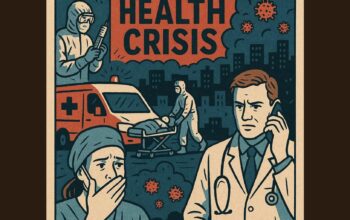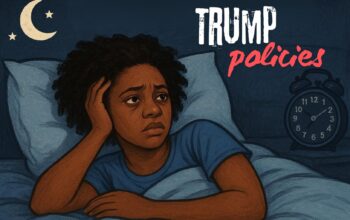After more than 17 years of legal battles and public health advocacy, the U.S. tobacco industry will soon be free from a rare form of accountability: the court-mandated requirement to publicly admit its wrongdoing. Beginning in July 2025, Big Tobacco will no longer have to post corrective statements in stores, on cigarette packaging, or through other public messaging. This requirement stemmed from a 2006 federal court ruling that found major tobacco companies guilty of engaging in a decades-long conspiracy to deceive the American public about the dangers of smoking.
Let that sink in. The court found that companies like Philip Morris and R.J. Reynolds knowingly lied — about nicotine addiction, the risks of secondhand smoke, and the targeting of children in advertising — and only then were they ordered to publicly correct the record. Now, those statements are coming to an end. But the damage lingers.
Tobacco remains the leading cause of preventable death in the United States, killing more than 480,000 Americans each year. Black communities, low-income neighborhoods, and youth have disproportionately borne this burden — often by design. For decades, menthol cigarettes were heavily marketed to Black Americans, and flavored products continue to lure new generations into addiction. One in 10 adults in D.C. is a smoker (CDC), while the number of adults in D.C. who die each year from tobacco-related illnesses is 800 (CDC).
The corrective statements were never about punishment. They were about the truth. For once, Big Tobacco had to say out loud what it had long known and long concealed: that smoking kills, that it’s engineered to be addictive, and that it was sold with ruthless disregard for human life. These statements weren’t ads — they were public health interventions.
The end of this court order is not a sign that the tobacco companies have changed. It’s a sign that the legal clock has run out. But while their court-ordered speech may end, our obligation to speak up continues.
Now is not the time for complacency. With new products like e-cigarettes and nicotine pouches flooding the market — and often escaping regulatory scrutiny — we risk repeating history. We must push for policies that reduce tobacco use, hold the industry accountable, and protect future generations from being deceived and addicted.
Corrective statements may be coming down, but our fight for health equity and tobacco justice and liberation must remain on full display.
Charles Debnam is a D.C. native, a Certified Tobacco Treatment Specialist (CTTS) and a longtime public health advocate. He is the current chair of the DC Tobacco Free Coalition and the D.C. representative for the African American Tobacco Control Leadership Council.
Source: Published without changes from Washington Informer Newspaper



